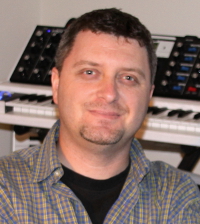Discipline-hopping internships
In line with its strategic aims of fostering inter-disciplinarity and promoting innovation and translation, the Centre for Chronic Diseases and Disorders (C2D2) has appointed three fully-funded 'discipline-hopping' interns for 2014 following the three appointed last year.
For the period of a year the interns are being given the opportunity to pursue a project on a chronic disease or disorder that matches their existing research interests but is based in a new academic area for them. By enabling them to develop a new range of skills and knowledge to complement their expertise in their original discipline, these internships offer the post-holders the chance to construct a stronger platform from which to launch their research careers.
2014 cohort
Deborah Thorpe
Deborah has a background in medieval literary studies and history. She is jointly supervised by Professor Linne Mooney at the Centre for Medieval Studies and Dr. Stephen Smith of the School of Physics, Engineering and Technology. The project is titled, 'Tracing Executive Function Impairment in the Handwriting of Medieval Scribes'. The internship involves researching the effect of neurological disorders on the handwriting of modern-day people and learning how to use optical character recognition and evolutionary algorithms to identify similar features in the work of medieval scribes.
The internship gives me the opportunity to apply electronics methodologies to the study of historical handwriting in a way that will enhance our understanding of the expression and experience of neurodegenerative disorders.
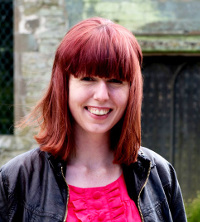
Bartek Walus
Bart has a background in musicology and film music composition. He will be supervised by Dr Sandra Pauletto and Dr Amanda Mason-Jones in the School of Arts and Creative Technologies and Department of Health Sciences. His project will involve using sonification design and film music techniques to communicate health risks.
I have always been fascinated by relations between music and health. This internship offers me the opportunity to extend my skills and understanding of data sonification and chronic illness epidemiology, which will help me in building a career in interdisciplinary research.
Ryan West
Ryan has recently completed a PhD in Biology and is moving into the Department of Psychology for this project which will be supervised by Professor Alex Wade from Psychology and Dr Chris Elliott from Biology. Using Drosophila melanogaster as the foremost genetic model organism, this project looks to dissect the genetic causes of Parkinson’s disease and the visual defects that have been reported in patients. To do this we shall develop methods of measuring visual responses in both flies and patients, allowing for the development of improved assays for screening Parkinson’s.
This position provides a unique, early career, opportunity for me to learn electrophysiological techniques required for the study of neurodegeneration whilst gaining experience working both with model organisms and patients.
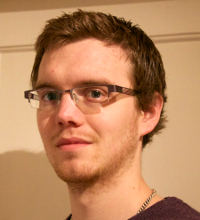
2013 cohort
Christopher Watson
Christopher has a background in molecular biology and will be jointly supervised by Dr Daniel Ungar of the Department of Biology and Dr Jamie Wood of the York Cross-disciplinary Centre for Systems Analysis (YCCSA). The project involves modelling sugar polymer biosynthesis in order to explain some debilitating congenital disorders known as Congenital glycosylation disorders (CDGs). The internship will enable Christopher to round out his skills in biology with new ones in computer modelling and at the same time generate closer links between Biology and YCCSA.
I am hoping that this internship will equip me with new skills that complement my current ones that will enable me to go forward in a research career orientated around various health problems.
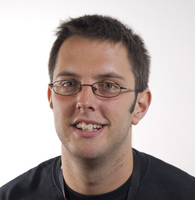
Andrew Gallimore
Andrew has a background in biochemistry will be supervised by Dr Radu Calinescu in the Department of Computer Science. His project will involve building computational models to investigate the role of trans-synaptic protein complexes from the synaptic cleft at typical excitatory synapses in the vertebrate central nervous system.
I have been aiming towards an interdisciplinary research career in neuroscience for a number of years and the internship will be invaluable in realising this ambition.
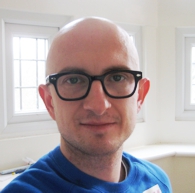
Adam Formby
Adam has a background in social policy will be joining the Chronic Disorders of Consciousness Group at the University of York. The Group's Director Professor Celia Kitzinger said "Adam will work across Sociology, Philosophy and Law to develop an interdisciplinary perspective on the persistent vegetative and minimally conscious states".
The role will give me the opportunity to work and collaborate with world-leading researchers from a diverse range of academic backgrounds, which will prove integral to my personal academic development.
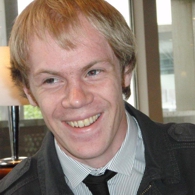

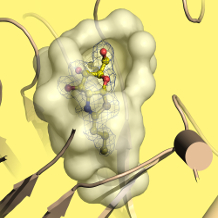
General enquiries
- C2D2 Administrator
Ron Cooke Hub RCH/109
University of York
York YO10 5GE
+44 (0)1904 328876
c2d2@york.ac.uk

